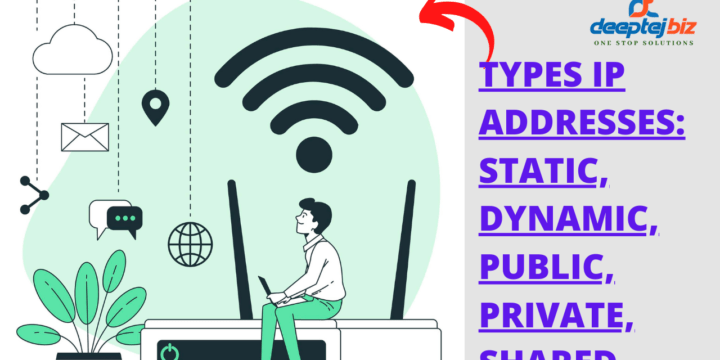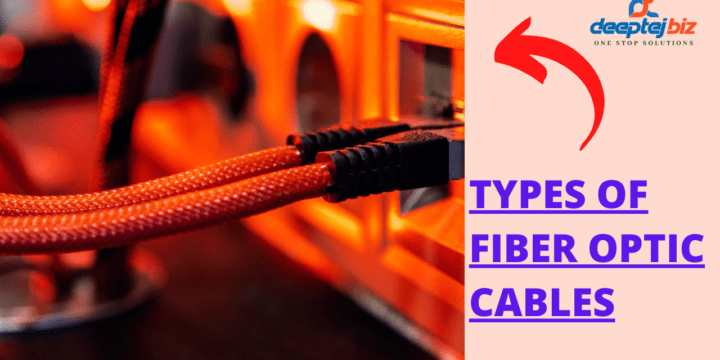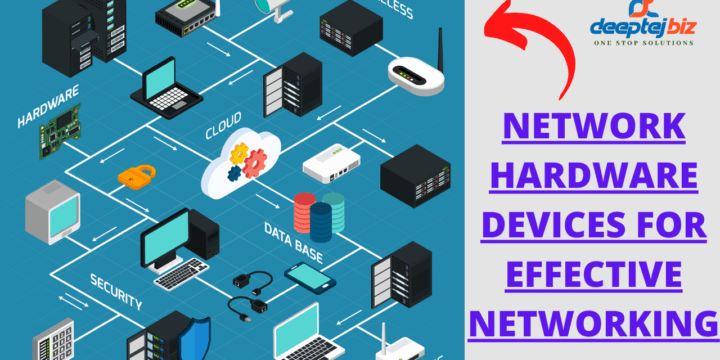Top 10 free Open-Source Helpdesk Software
Here are ten free and open-source helpdesk software with detailed descriptions including security features: osTicket: Description: osTicket is a popular open-source helpdesk software known for its simplicity and flexibility. It offers features like ticket management, customer support automation, and a self-service knowledge base. Security features include role-based access control, SSL encryption, and IP restrictions to ensure data confidentiality and integrity. Website: osTicket.com Zammad: Description: Zammad is a feature-rich open-source helpdesk solution designed for modern customer service needs. It offers multichannel support, knowledge base management, and automation capabilities. Security features include encryption of sensitive data, two-factor authentication, and audit logs for tracking user actions and changes. Website: zammad.org OTRS (Open Technology Real Services): Description: OTRS is a robust open-source helpdesk software with extensive IT service management capabilities. It offers ticketing, workflow…






